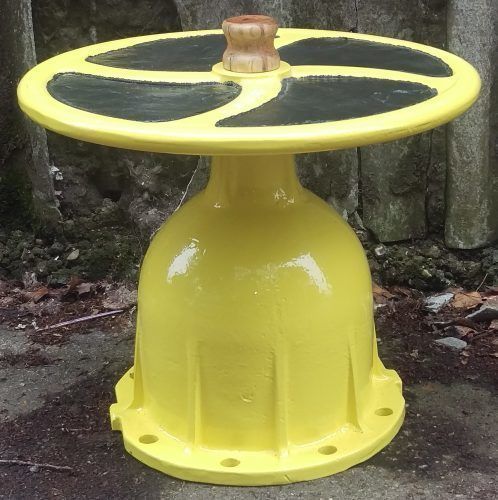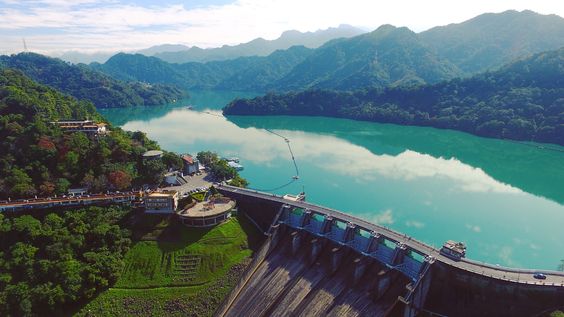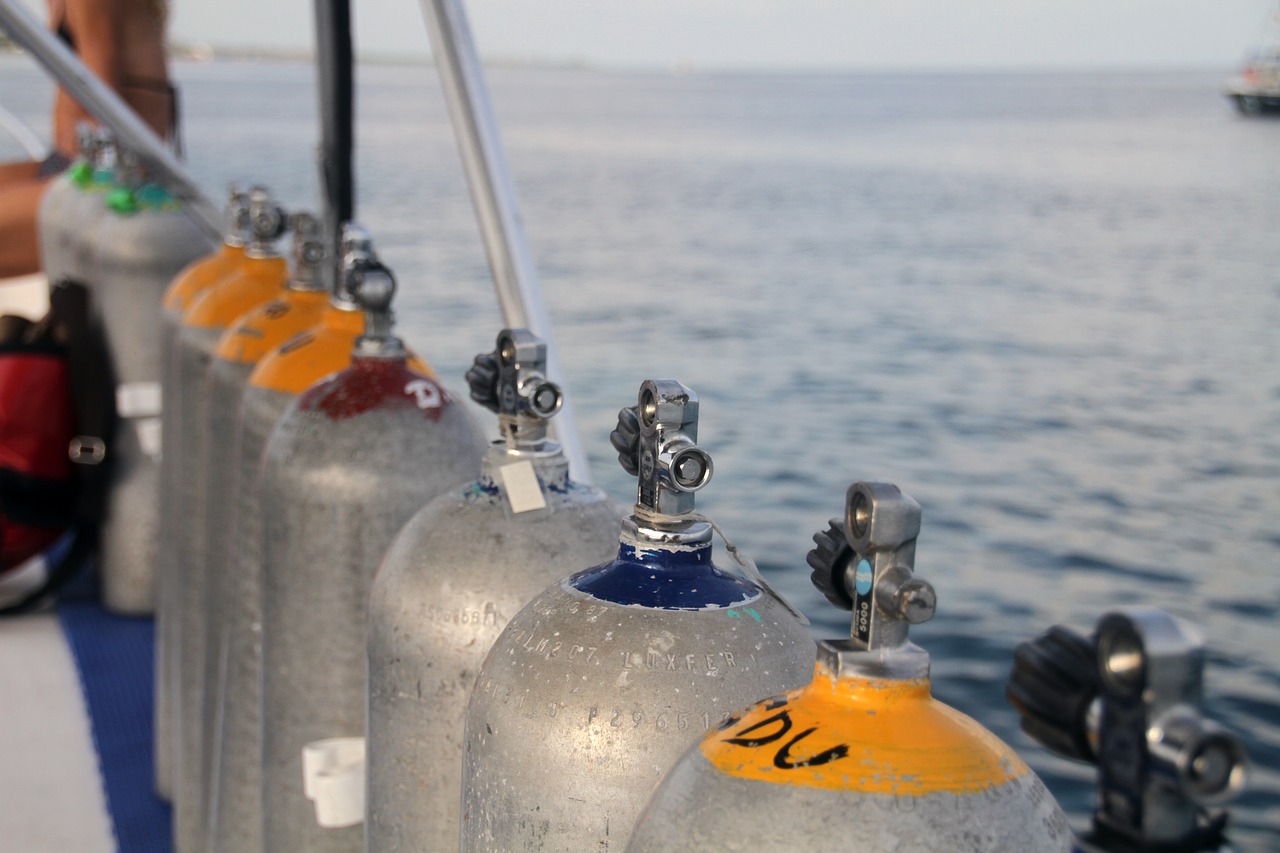
Valves are applicable in various industrial uses. They are used to control and regulate the operations of a piping system connected to a pliable material or fluid source. The fluid is transmitted through the pipes to the valve’s opening.. In other uses, valves would control the temperature and pressure. They can choose a low, medium or high setting to regulate the machinery.
Valves are always found in various industrial processes which include water, power generation, food manufacturing, and many more. Depending on their uses, valves can be operated manually or automatically. Valves are so important that some industries will not exist without them.
Three Industries That Heavily Rely on Valves
Water-Related Industries
Anything water-related would certainly need a valve. From homes to huge water industries, valves must be present to control the flow of the water. Without valves, any water-related industries will have a great deal of wasted water. The water-related industries would never progress due to the limitations brought by the absence of valves.
Industries Focused on Providing Water for Human Consumption
Purified water delivery businesses, water sanitation, water supply for food processing, and home water suppliers are some of the industries that supply water for human consumption. The scenario of life without valves in these industries would be confused and would hamper any progression. In fact, without valves, the home functions of faucets would not be possible.
The only way to regulate the water flow is to put a huge gate to block the main dam producing the water and cut off the supply of an entire city. Then they would open the huge gate to let the water flow endlessly to the underground pipe systems to various residential locations. Since there are no faucets without valves, a huge percentage of the water will be wasted.
Dams and Hydropower Plants
Dams and hydropower plants are part of the water industry. Valves have multiple roles within a hydropower plant. Their functions include closing, opening, adjusting the pressure of the flow or controlling the dam’s bottom outlet. Valves can also be shut down or connectted the water supply and change the water supply direction. A dam is not only used to store water but to produce power which creates hydropower plants.
A hydropower plant utilizes a high-performance butterfly valve in most of its operations. Hydropower stations use quarter-turn valves and spherical valves. A gate valve and butterfly valve are both known as part of the quarter-turn valves.
Without valves, dams and hydropower plants will be hard to operate. Without valves, the industry would involve a complete shutdown on all operations just to stop the water flow. Once opened, a huge amount of water will be wasted which is not exactly environment-friendly.
Wastewater Treatment
Wastewater treatment plants are an important factor in the communities. There are several technological advancements that allow the optimization of water treatment systems. This is one of the areas where valves are highly important. Wastewater treatment centers usually utilize automated valves.
A wastewater system’s purpose is to collect the wastewater coming from offices, residents, and other facilities. The wastewater system will process the wastewater into a final outflow. The treated water can be safely discharged when it meets the standards set by any environment protection agency. The treated water can be reused.
Wastewater treatment centers have intricate processes and systems. The most utilized types of valves in this industry are the check valves, shut-off valves, and automatic air valves. Check valves prevent any reverse flow if the pumps are not in use. Shut-off valves are used to prompt isolation of the lift station component within the treatment center. Shut-off valves prevent clogging in the system. The automatic air valves are used for the pump discharge that prevents vacuum conditions or air pockets from forming. The automatic air valve expels the air collected in the valve body.
Gas-Related Industries
Industrial gas supplies various industries such as oil, gas, petrochemicals, pharmaceutical, biotechnology, nuclear power, electronics, and even aerospace. The principal gases that are commonly used across various industries are oxygen, nitrogen, argon, carbon dioxide, helium, hydrogen, and acetylene. The production of these gases is under the chemical industry as industrial gases are usually considered as “specialty chemicals”.
Gas-related industries rely on valves to regulate their operations. Gas valves control and handle the flow of gases. Gas-related industries utilize several valve designs such as the butterfly, ball, needle, plug, and check valves. These valves are used to modulate or control specific equipment where they are installed.
Pressure-Related Industries
Both the water and gas industries are associated with pressure. However, there are specific pressure-related industries that are not bound by either water or gaseous materials. Pressure-related industries can involve heat, food processing systems, and industrial chemistry.
Heat can be applied in various factors, whether in food preparation or energy applications. Industrial heat makes up a huge portion of the demand for industrial energy. Examples of heat applications include heat pumps. Heat pumps are used for refrigeration systems with condenser heat, warm air produced by heaters, and other central heating systems.
In food processing, high-pressure systems are used in certain applications. High-pressure processing (HPP) is a process of cold pasteurization where sealed products are brought to a vessel, which is subjected to high-pressure levels, increasing its preservation period.
Industrial chemistry is the process of manufacturing a chemical matter into a useful material. The process involves mixing various ingredients, dissolving, grinding, cooling, and filtering a chemical matter.
Pressure-related industries need valves to regulate the pressure exhibited in their equipment and avoid any damage. Too much pressure can cause the machine to explode which would also be dangerous to the workers. If the pressure is too low, it can create a vacuum that could lead the equipment to implode, destroying the machinery. Valves regulate the pressure from low to high settings depending on what the process or operation indicates.
Conclusion
Valves are a necessity of society. All industries related to water, gas, and pressure industries will not survive without the existence of a valve. Even in nature, valves are present. The human body has its own valves within the veins which controls the blood circulation. The fact that even life itself is making possible through the valves within the human body reiterates the importance of valves. Valves might be small devices but it is a necessity in various industries that has a major impact on human lives and the society itself.




